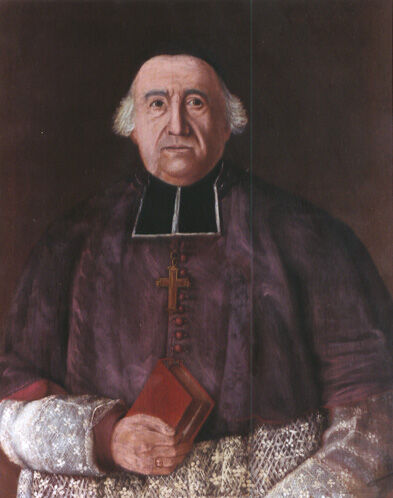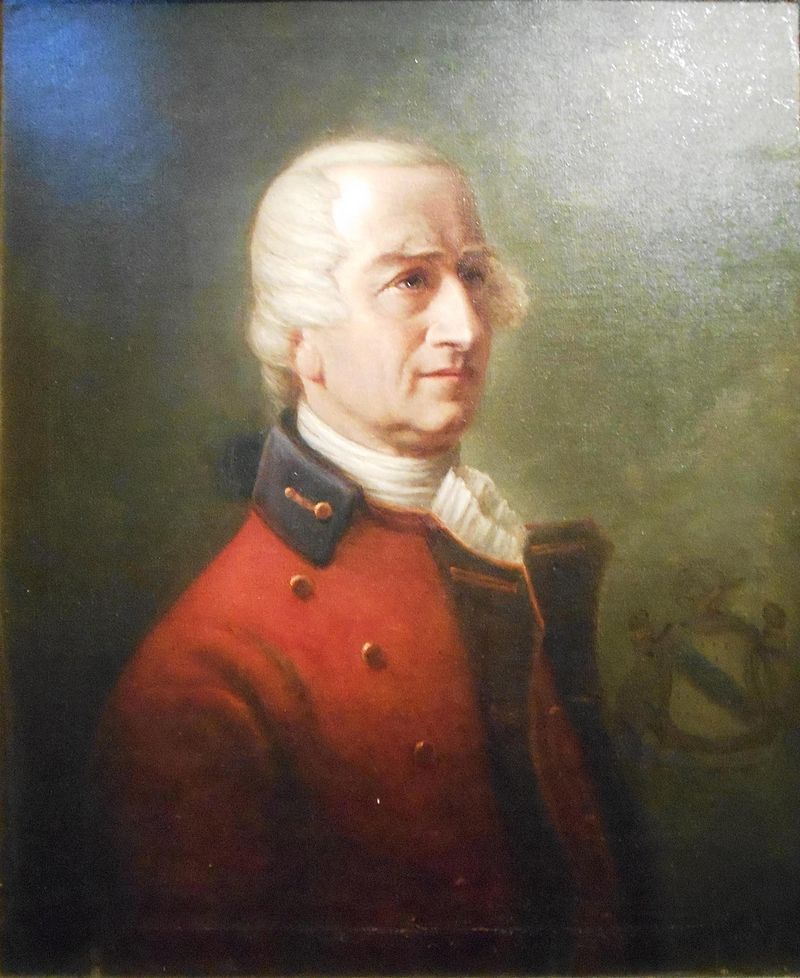The new mother country made few economic changes in the Province of Quebec during the early years of the British Regime, starting in 1760 until 1791. Like France, Great Britain adopted a mercantilist policy with its colony and the main economic activities remained the same. However, the British merchants took over management of the various trades.
During this same period, the Province of Quebec’s population increased, but its composition did not change much. French Canadians remained in the majority, despite the immigration of some British and Acadian refugees. This meant the French language was very common in the colony even though the official language was English.
The coexistence of Canadiens and British in the colony led to the emergence of protest movements within various interest groups. Both groups sent numerous petitions to London to advance their claims.
The joining of the two cultures also led to the coexistence of Catholic and Protestant churches. Despite difficult circumstances, the Catholic religion survived the change to a new mother country and even joined forces with British authorities. Even though the Anglican faith was the new official religion in the Province of Quebec, it was not widely practised due to the small percentage of inhabitants of British origin.

Bishop Briand, first Catholic bishop under the British Regime

Guy Carleton, Province of Quebec governor from 1768 to 1778
To find out more about life in the Province of Quebec from 1760 to 1791, check out the following concept sheet: